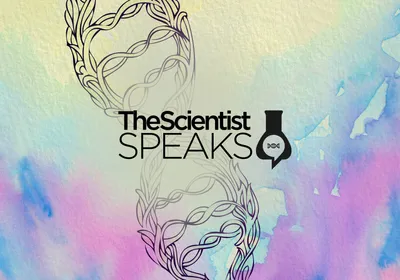ABOVE: © ISTOCK.COM, HERBAP
An advisory panel to the World Health Organization has called for the creation of a global registry to monitor gene-editing research in humans, the organization announced yesterday (March 19). The recommendations of the 18-person committee, which was established following news late last year that Chinese scientist He Jiankui had carried out human gene editing in secret, are aimed at improving transparency and responsibility in the field, the announcement says.
“Gene editing holds incredible promise for health, but it also poses some risks, both ethically and medically,” Tedros Adhanom Ghebreyesus, director-general of the World Health Organization (WHO), says in a press statement. “This committee is a perfect example of WHO’s leadership, by bringing together some of the world’s leading experts to provide guidance on this complex issue. I am grateful to each member of the Expert Advisory Committee for their time and expertise.”
The committee spent two ...





















